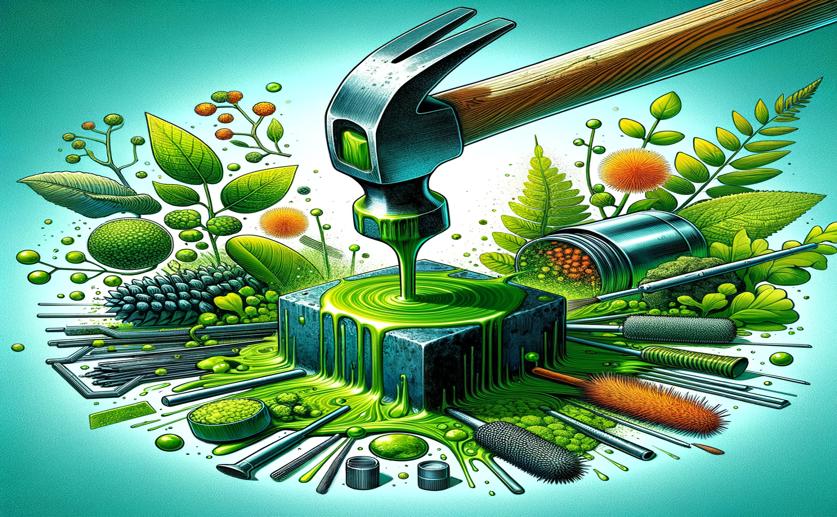
Creating Rust-Proof Coatings from Plants for Steel
Jim Crocker
7th April, 2024

Image Source: Natural Science News, 2024
Key Findings
- Researchers at Islamic Azad University found plant extracts can prevent metal corrosion
- Marjoram extract was most effective, blocking up to 92% of corrosion in steel
- These "green inhibitors" offer an eco-friendly alternative to toxic corrosion chemicals
EnvironmentSustainabilityPlant Science
References
Main Study
1) Preparation of corrosion inhibitor from natural plant for mild stil immersed in an acidic environmental: experimental and theoretical study.
Published 4th April, 2024
https://doi.org/10.1038/s41598-024-58637-z
Related Studies
2) Sargassum muticum extract based on alginate biopolymer as a new efficient biological corrosion inhibitor for carbon steel in hydrochloric acid pickling environment: Gravimetric, electrochemical and surface studies.
3) Sunlight-Mediated Green Synthesis of Silver Nanoparticles Using the Berries of Ribes rubrum (Red Currants): Characterisation and Evaluation of Their Antifungal and Antibacterial Activities.



 10th February, 2024 | David Palenski
10th February, 2024 | David Palenski